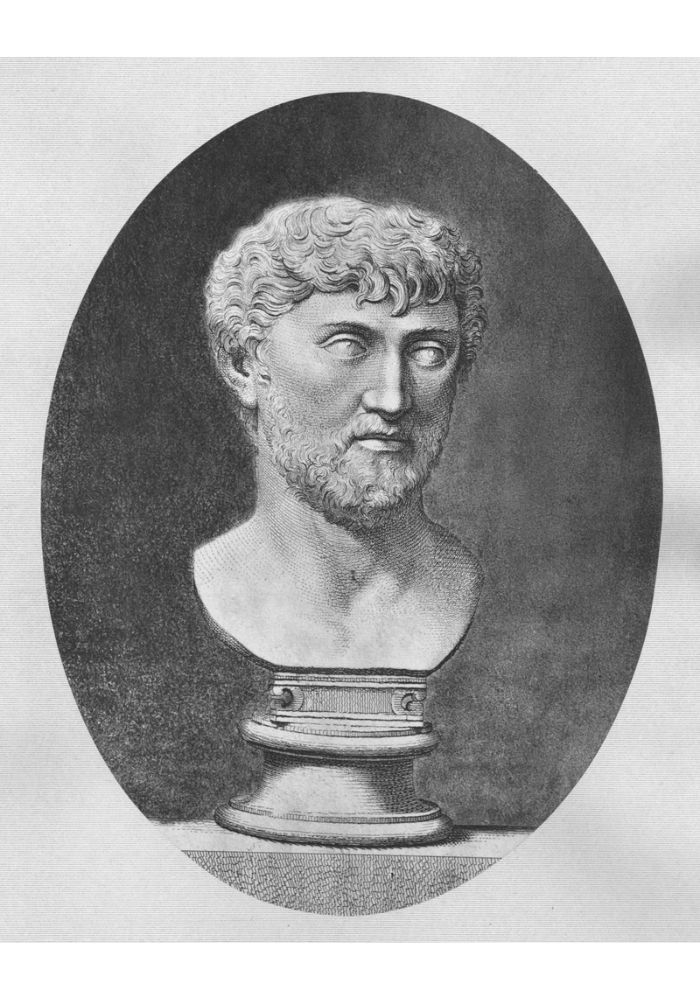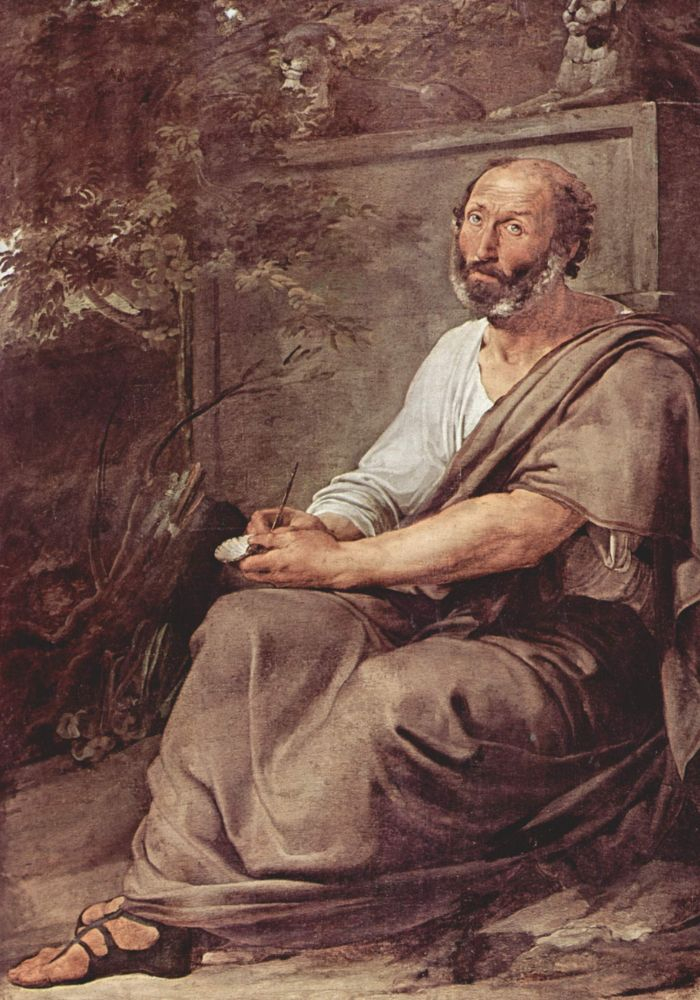Lucretius

Titus or Lucretius, one of the underappreciated Roman poets and philosophers, is Lucretius Carus. He was a fervent disciple of Epicurius, but little else is known about him. De Rerum Natura (On the Nature of Things), a dactylic philosophical poem describing the essential principles and philosophy of Epicureanism, is the only piece of his writing that has survived in our memory. The only thing we know about him is that he was Gaius Marius's friend or client, to whom his poem was composed and dedicated.
His poetry explores all phenomena, both tangible and ethereal, including the mind and soul, senses, touch, thoughts, man and woman, reproduction, and global evolution. He ventured beyond earthly lands and investigated cosmic phenomena. Venus is honored in the book's prologue and referred to as the Mother of Nature. He continues by extensively exploring days, nights, seasons, thunder, and lightning before abruptly finishing his epic with the general plague of Athens in six books.
Regardless, Lucretius had a big impact on the humanism construction efforts of many Enlightenment leaders. He is also credited with creating the three-age system, which CJ Thompson formalized in 1834.
Time: BC 88 - BC 55











